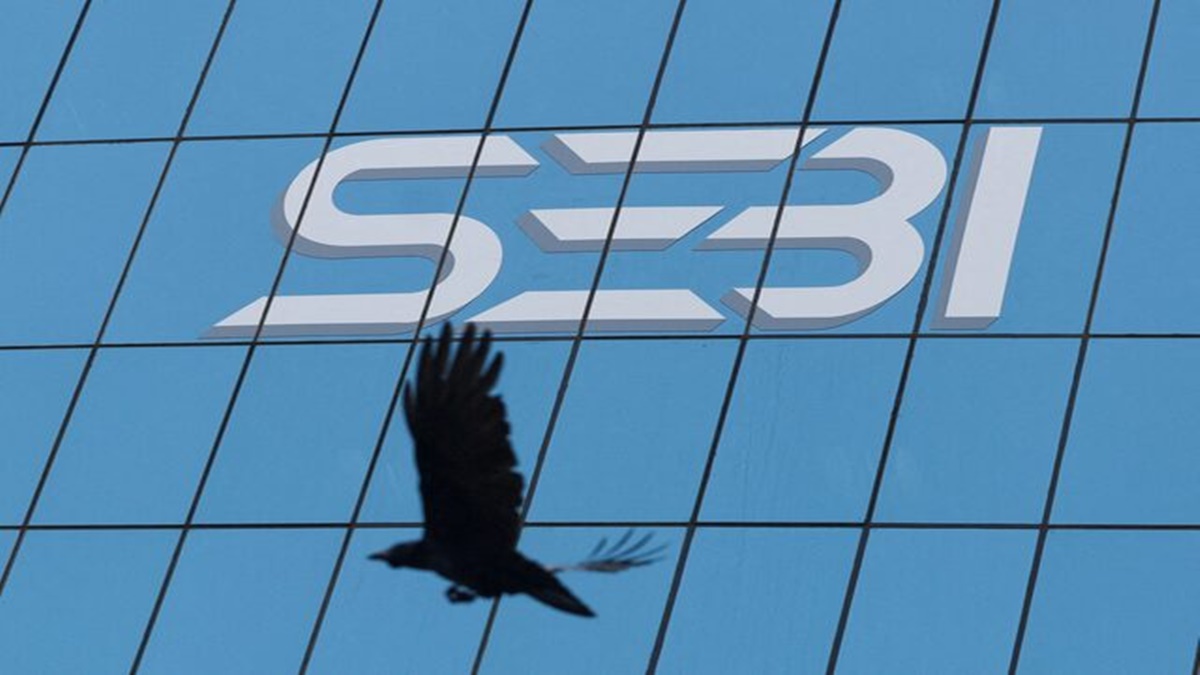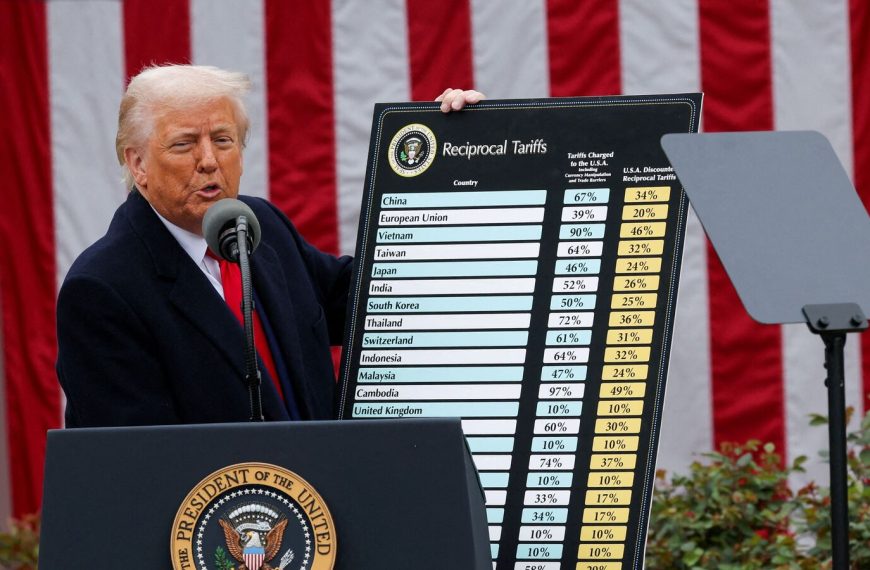The Securities and Exchange Board of India (SEBI) has unveiled a significant proposal that could reshape the landscape for startup founders as they transition to promoters during an initial public offering (IPO). In a recent consultation paper issued on Thursday, SEBI has suggested that founders should be permitted to utilize employee stock options (Esops) or stock appreciation rights (SAR) even after being designated as promoters, provided these options were granted at least one year prior to the IPO.
Proposed Changes to Esop Regulations
Currently, the existing regulations under the Share Based Employee Benefits and Sweat Equity Regulations prevent promoters and their affiliated groups from receiving Esops. This means employees cannot simultaneously hold a promoter position. However, startup companies, which have been operational for less than 10 years, are exempt from this rule under the Companies (Share Capital and Debentures) Rules.
Kaushik Mukherjee, a partner at Induslaw, praised this forward-thinking proposal, emphasizing that it effectively reconciles differing regulatory frameworks. He stated, “This adjustment allows for a one-year gap between the grant date and the board meeting, facilitating better planning for stakeholders.”
Addressing Founder Dilution
The consultation paper highlights a common challenge faced by many emerging tech firms: founder share dilution occurs with each funding round. To combat this, investors and company management often provide Esops to founders, which serve as performance-linked incentives. This strategy not only retains founders’ interest but also supports long-term company growth.
Payal Agarwal, a senior associate at Vinod Kothari & Company, pointed out that the proposal clarifies how outstanding share options are treated for founders who are transitioning to promoter roles, allowing them to benefit from the company’s success post-listing.
Safeguards Against Misuse
While SEBI aims to facilitate these changes, it also cautions against potential misuse. The regulator has proposed a cooling-off period of one year before these options can be exercised, particularly to prevent any manipulation just prior to filing the Draft Red Herring Prospectus (DRHP).
Changes to OFS Regulations
In addition to the changes concerning Esops, SEBI has put forward amendments to the Offer for Sale (OFS) regulations. The proposed adjustments would require shares offered for sale to be held by sellers for at least one year before submitting the draft offer document. This change aims to ensure that the invested capital is genuinely established and not merely a technicality.
This proposal includes exemptions for equity shares obtained through the conversion of fully paid-up compulsorily convertible securities, provided these securities are linked to an approved scheme and have been held for over a year. Currently, these shares qualify for minimum promoter contribution but not for the OFS mechanism.
Looking Ahead
Mukherjee noted that these adjustments would allow for a clearer assessment of convertibles and their potential valuation increases. He added, “This structure could lead to better strategic planning around financing efforts.”
The rationale behind the proposed one-year holding period under Regulation 8 of the SEBI ICDR Regulations is to demonstrate a long-term commitment from shareholders before shares are offered for sale.
SEBI is actively seeking public feedback on these proposals, with a deadline set for April 10. This initiative reflects SEBI’s commitment to fostering a more conducive environment for startups and their founders as they navigate the complexities of going public.










